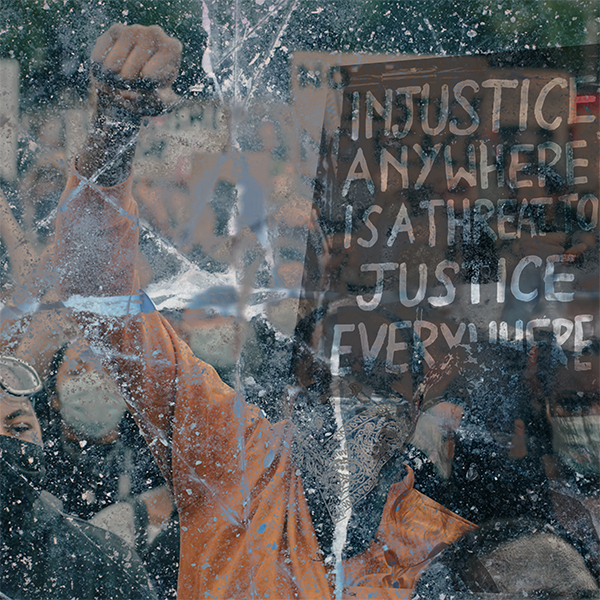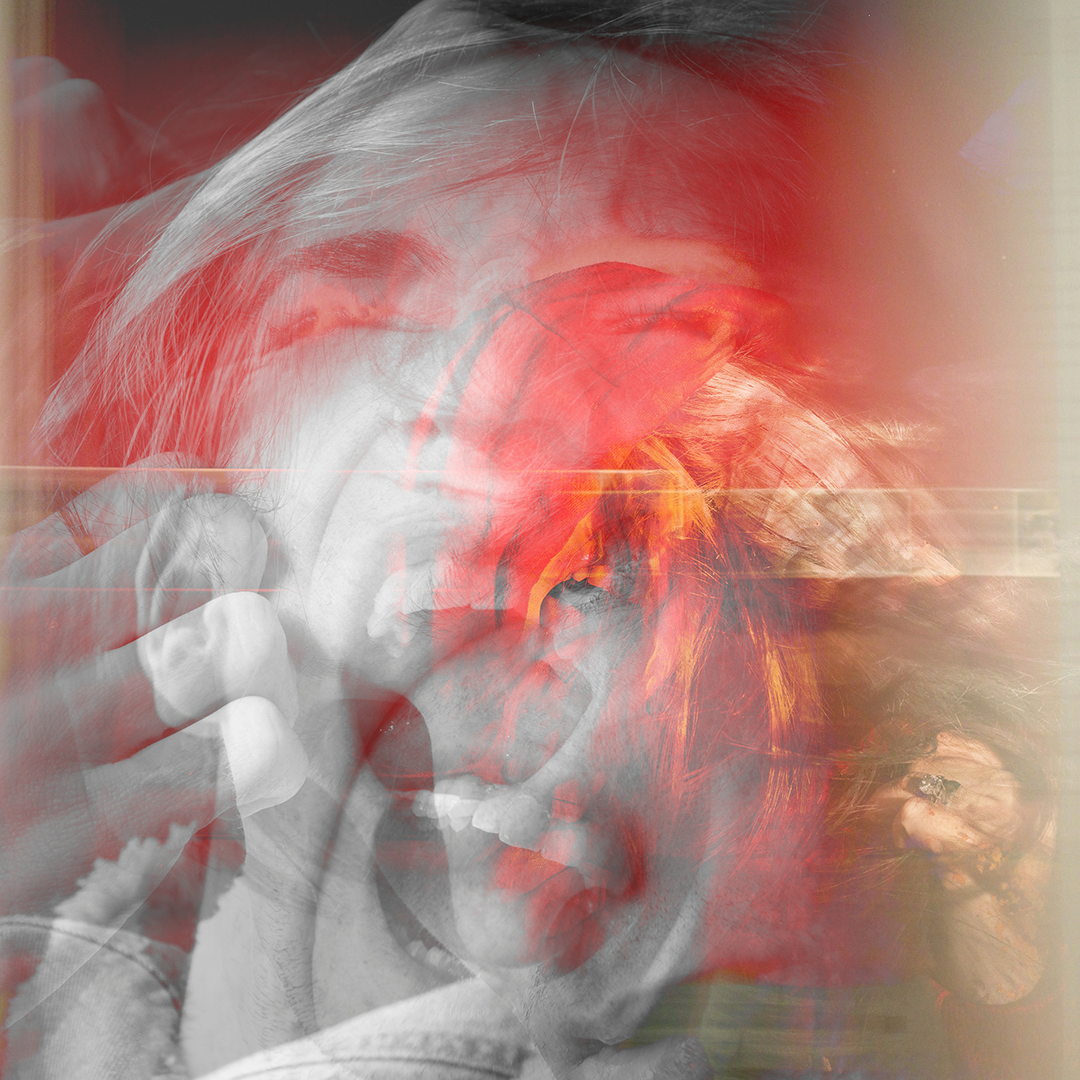Christian Witness in a Time of Anti-Muslim Rhetoric
If you care about good Christian witness among Muslims, you will vigorously oppose the current anti-Muslim rhetoric.
I don’t need to remind you of what has been going on in the world lately. Paris. San Bernardino. Presidential candidate Donald Trump’s call to ban Muslim travel to the US. Jerry Falwell, Jr.’s call on Liberty University to arm itself against Muslim terrorists. A significant portion of evangelical Christians in US coming out in support of Trump and Falwell.
Christians need to consider carefully (but also urgently) their response to the present reality. What indeed constitutes faithfulness to the agenda of Christ’s kingdom here and now? Our current climate of fear and increasing hatred against Muslims demands that Christians articulate a distinctly Christian answer, not one that simply parrots the world around us. This is an opportunity for us to witness to Christ in our world, among our non-Christian neighbors both near and far, as well as a time when we could really mess this up, and our neighbors are listening in, so let’s do this well.
Christian Witness Works Against Ignorance.
First, let’s be students of Muslims–and when I say students, I don’t mean just studying their belief systems, but befriending them personally, and getting to know their stories, their cultures, and their humanity. Far too often, the only way American Christians learn about Muslims is through books written by other Christians with the goal of refuting Islam as a system of beliefs, if that. (Treating Islam as simply a set of ideas arises from many Christians’ less than adequate view of their own faith, but that’s a topic for another time.) Of course, for many of them, there are no Muslims to get to know around them, but this is fast changing in many places, and not just in urban centers.
It may be helpful to learn from the social sciences. A new Pew research, “Muslims and Islam: Key findings in the U.S. and around the world,” gives us a picture of the Islamic world that is vast and diverse. Muslims live in various cultures and hold various opinions, often depending on the region of the world they come from, including opinions on sharia laws–probably the one issue that Westerners find most objectionable, even extremist.
However, this diversity is rather like that found among Christians. There is even among Christians a contingent that would favor Old Testament laws becoming the law of their land.
We also need to keep in mind that this snapshot captures only a small slice of time. Cultures and religions change constantly, and the Islamic world won’t stay for long in the same shape presented by the Pew research. How Christians relate to Muslims around the world now will influence those future changes, for better or for worse. We had better choose our words carefully.
Christian Witness Works for Peace.
Second, understand that radicalization is a tango–it takes two. The relationship between the West and the Islamic world is a long and complicated one, and what we are seeing today didn’t simply materialize out of a vacuum. Individualistic American Christians can tend to disregard that history, but that history helps us make sense of the rise of entities such as Al Qaeda and ISIS.
Radicalization is a tango--it takes two. Share on XIn fact, many have argued that modern radicalization of Islam is a direct consequence of the West’s actions. See, for instance, economist Thomas Piketty’s argument that the rise of ISIS owes much to the condition of soaring economic inequality in the Middle East and the resulting deprivation among most of the population–a condition created largely by the West for their own economic interests. Or try to have an honest conversation with African Americans or Native Americans who have a personal understanding of systemic oppression in the US and how that could push some to take up radical causes.
As an Asian in America, I am reminded by current events of what happened during World War II. Japanese Americans were arrested en masse and interred in concentration camps simply on the basis of their ethnicity. It is easy for whole groups of people to become quickly demonized and persecuted in the name of national security and ideology (such as “freedom”).
Christians, who are called by Christ to be peacemakers, cannot in good conscience desire the same to happen to Muslims. Christians are instead called to work for conditions which make for peace and community, the only context in which the disagreements between the religions (and within each religion itself) may be discussed constructively.
The rhetoric fuels the process of exclusion & radicalization in the Muslim community. Share on XIn contrast, the kind of rhetoric we are seeing fuels the process of exclusion and radicalization within the Muslim community. I applaud the efforts of Russell Moore, the head of Southern Baptist Convention’s Ethics and Religious Liberty Commission, to speak out on behalf of religious liberty that is not just for Christians, but also (especially) for Muslims. Anti-Muslim rhetoric must be combatted, not out of a desire to be politically correct, but to be faithful to the Christian calling.
Christian Witness Supports the Work on the Ground.
Third, we need to be a help to Christians who are giving direct witness among Muslims, not a hindrance–or worse, put them in danger–with inflammatory rhetoric. Many Christians around the world have quietly and patiently, with great respect for cultures and people’s contexts, spent lifetimes building friendships and peaceable communities with Muslims, for the sake of giving glory to the Lord of shalom. They have built schools and hospitals. They have reached out in love to their Muslim neighbors. They have proclaimed with their actions and words that Jesus is Lord and that he comes to bring a new kingdom of healing and redemption into our world torn apart by fear and hatred.
The kind of anti-Muslim rhetoric we are seeing now undermines those efforts. Whose hand is strengthened instead? The extremists both in the Muslim community and in the West–the demagogues whose rise to power depends on a rise of fear and hatred, who would love to see the enmity grow.
Christian Witness is True to the Gospel Message.
Is this kind of rhetoric, broadcast to the Muslims through the words of Christian leaders and through numerous Christians’ support of people like Trump, faithfully communicating the Christian gospel? What does it say to Muslims about the nature of US Christians’ beliefs? What they hear will inform their idea of Christ and the nature of his kingdom, and I am very concerned they don’t get the wrong message.
Christians need to take their calling as witnesses to Christ’s kingdom seriously, especially in these troubled times. They are called out of fear, ignorance, ethnocentrism and xenophobia–all of which further buttress this present world’s order–and into a future kingdom characterized by shalom, justice, embrace of the other, and the mission of the One who was sent into our broken world to reconcile us to God.
May we recognize our responsibility for our time.



